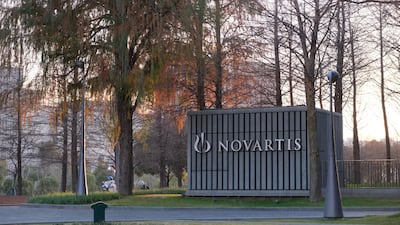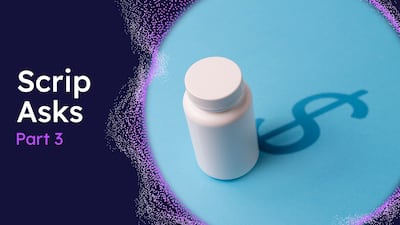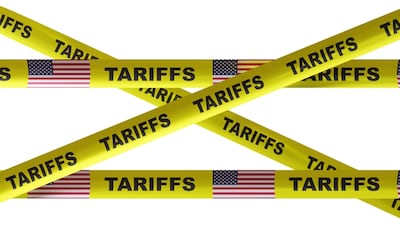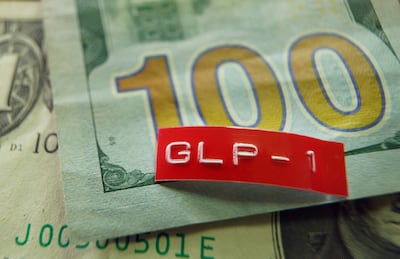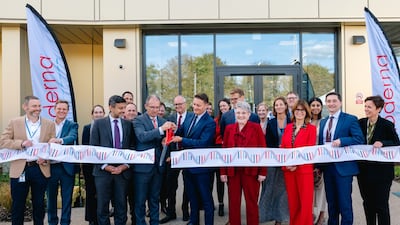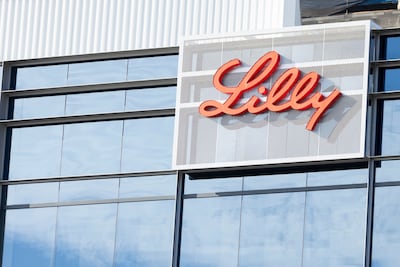Reimbursement
The Novartis CEO believes the west has much to learn, especially in terms of clinical trial regulations and enrolment.
The process will pit breast cancer treatment competitors Kisqali and Verzenio against each other as CMS develops pricing offers.
Industry leaders predict pricing uncertainty will force companies to abandon blanket global launches. However, AI platforms will reshape commercial execution and new access models will break down barriers limiting patient reach.
The Swiss pharma co-authored a “call for bold life sciences investment” with the Eurasia Group, critiquing global trade policy and advocating “innovation-friendly” reforms, including moving away from reference pricing.
The plan does not include many details but is intended to help Congress draft legislation ensuring Most Favored Nation drug pricing agreements can be made, as well as implement measures intended to lower insurance premiums.
The Trump administration leveraged tariffs to convince the UK National Health Service to increase prices for new medicines by 25%.
Under the Inflation Reduction Act, CMS negotiated lower Medicare Part D prices for 15 drugs with 2027 costs 38%-85% lower than 2024 list prices, but analyses of net prices paid last year show smaller discounts.
The second cycle of IRA price negotiations could result in price cuts as high as 85% to the 2024 list prices, but the mean discount across the 15 negotiated drugs appears similar to the previous round.
Wegovy and Zepbound will cost around $250 per month under Medicare and Medicaid, and the drugs will cost around $350 per month through TrumpRx.
Senior McKinsey executives discuss how biopharma can ace its US launch strategy and first-time launchers can stack the odds in their favor amid complex market dynamics including the MFN pricing push.
The GLP-1 drugs Wegovy and Zepbound are cost effective at current prices, but affordability for the US healthcare system is an issue, according to ICER.
Experts at a recent summit discussed the complexities and impact of US MFN pricing from a payer perspective and emphasized the importance of a centralized purchaser of drugs to effectively negotiate prices. The potential rise of 'confidential discounts' in Germany was another key talking point.
Drug makers are reevaluating commercial opportunities outside the US in a post-MFN environment, according to experts at the BioFuture conference
Big pharma revenue exposure to Medicare and Medicaid varies; mounting US drug pricing pressure under the Trump Administration puts a spotlight on portfolio mix.
Novartis and Boehringer Ingelheim also announced direct-to-patient programs for select products, joining other manufacturers piloting in that area.
Leaders from MSD, Immuneel Therapeutics and ICICI Lombard discuss the pathway and potential models to deliver a billion-dollar therapy in India.
Doors open at £150m vaccine facility which forms part of a £1bn investment in the country on the part of Moderna, as other firms head for the exit.
The company plans to set the UK price of its new schizophrenia drug at the same level as in the US.
The removal of a lower-dose version of a drug with years of patent-protected sales remaining in favor of a higher dose, lower-pill count version was billed as a convenience enhancement for patients. Payers, however, do not reimburse convenience.
A pause to Lilly’s plans for a UK biotech incubator reflect escalating tensions between pharma and the British government.

